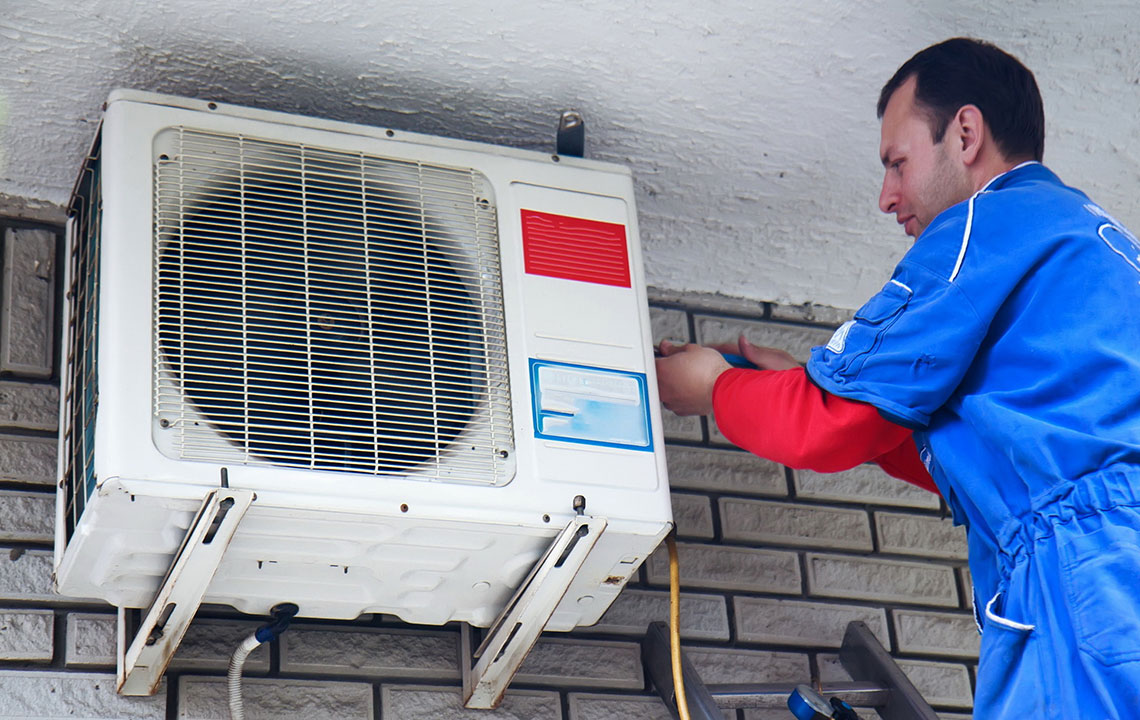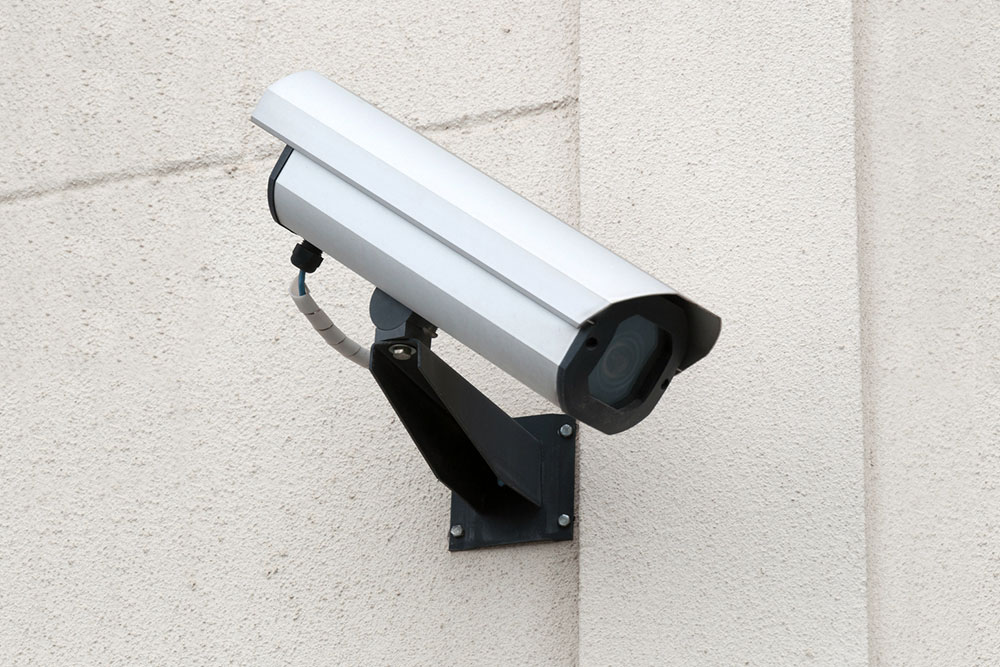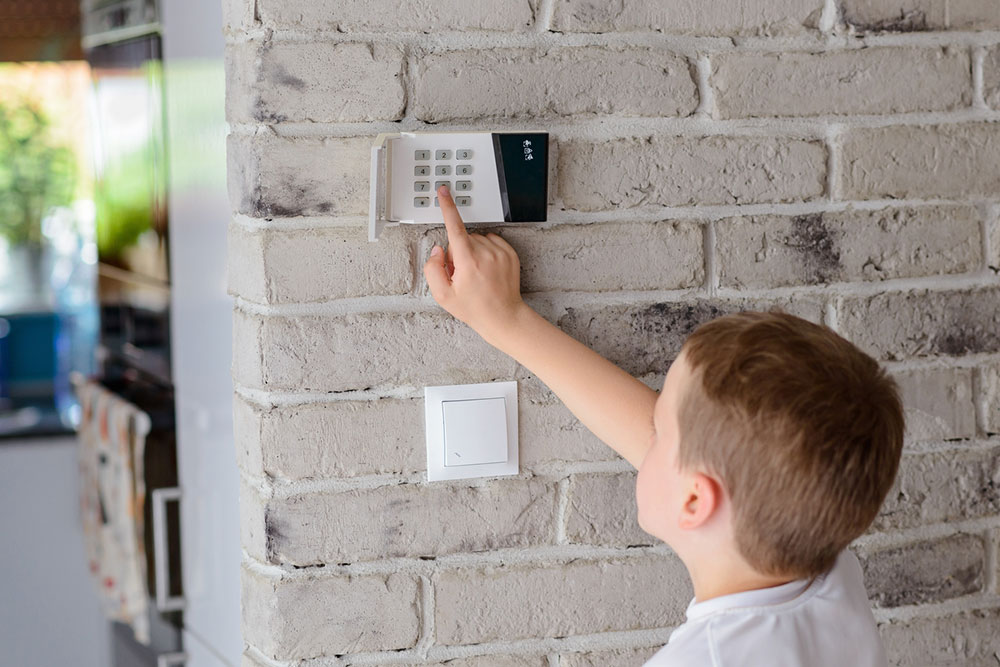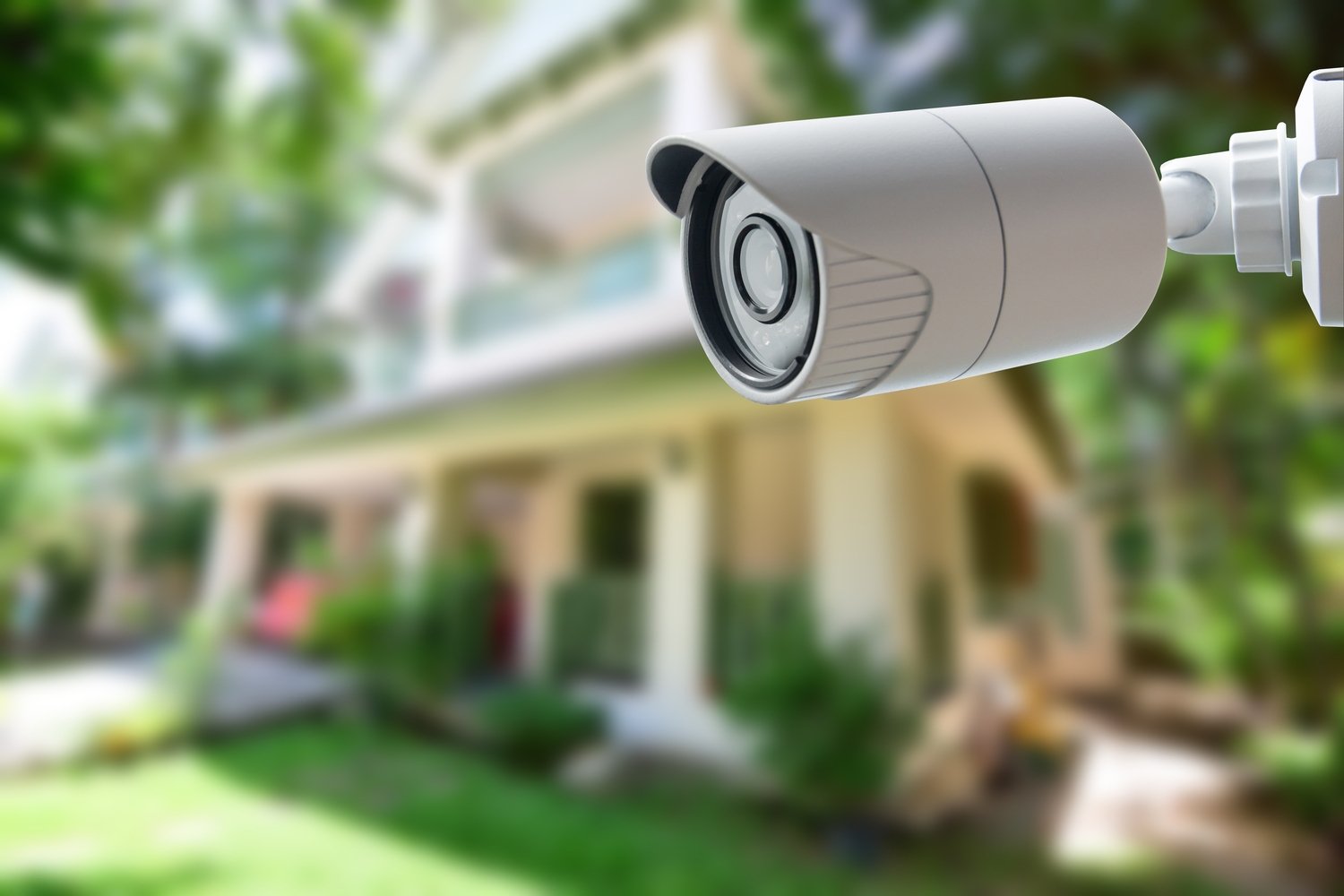Comprehensive Guide to Maintaining and Optimizing Your Home Security System
Ensure your home security system remains reliable and effective with comprehensive maintenance tips. Regular cleaning, inspections, and testing help prolong system life and enhance protection. Learn practical advice on sensor care, camera maintenance, wiring security, and routine checks to keep your home safe and secure year-round.
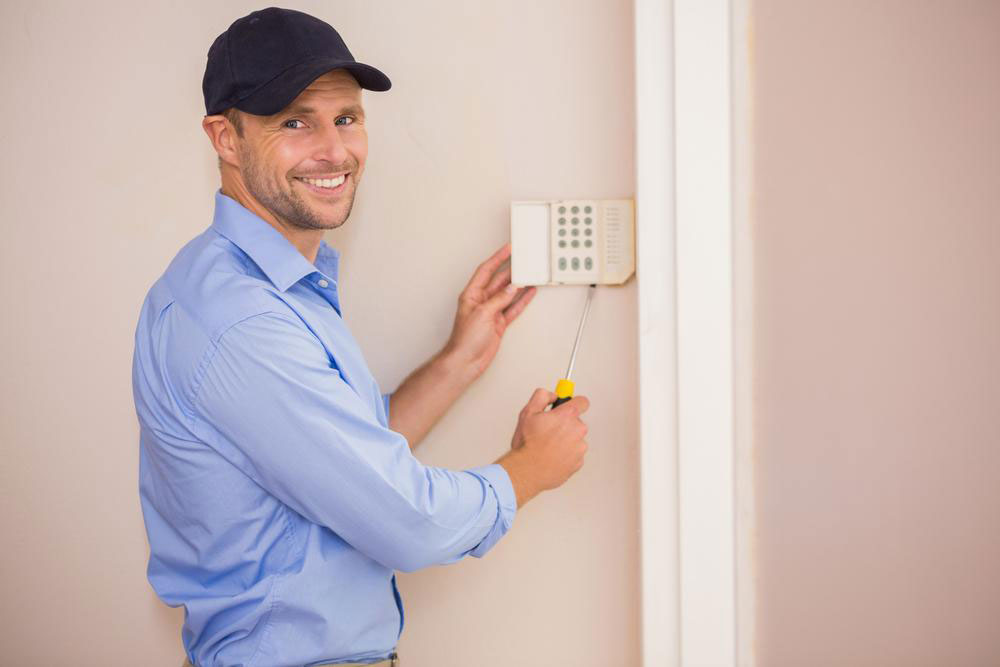
Comprehensive Guide to Maintaining and Optimizing Your Home Security System
In today’s world, a reliable home security system is more than just a deterrent; it’s essential for safeguarding your loved ones and your property. However, to ensure these systems perform optimally when needed most, regular maintenance and inspections are crucial. Many homeowners underestimate the importance of upkeep, leading to potential security lapses during emergencies. This detailed guide provides vital tips on how to properly maintain your home security system, troubleshoot common issues, and optimize its performance so you can rest assured knowing your home is protected at all times.
Proper maintenance not only prolongs the lifespan of your security devices but also enhances their effectiveness. From cleaning sensors and inspecting camera lenses to securing wiring and conducting routine tests, each step plays a role in ensuring your system works seamlessly. Whether you’re a first-time homeowner or updating your existing security setup, implementing these practices will help you avoid common pitfalls and costly repairs. So, let’s delve into comprehensive tips that will keep your home protected, alert, and ready to respond during emergencies.
• Collaborate with Your Security Provider: Once your security system installation is complete, it’s advisable to engage with your installer or a professional technician to establish a maintenance schedule. Understanding recommended service intervals, safety precautions, and troubleshooting procedures from the outset can save you time and prevent system failures. Regular consultations with experts ensure your system remains up-to-date with the latest features and cybersecurity protections.
• Regular Sensor Cleaning: Dust, dirt, and debris can accumulate on sensors over time, impairing their detection capabilities. Use a soft, lint-free cloth to gently wipe the sensors—both indoor motion detectors and outdoor sensors. Avoid using harsh chemicals, solvents, or abrasive tools that may damage sensitive components. Always disarm your security system before performing cleaning routines to prevent false alarms or system errors.
• Camera Maintenance and Inspection: Cameras are critical for real-time monitoring and recording footage. Regularly check the lenses of all indoor and outdoor cameras for smudges, water spots, or dust that can obscure clear visuals. Use a microfiber cloth and a lens-safe cleaning solution to ensure clarity. Clear footage improves activity detection, evidence gathering, and reduces false alarms, thereby enhancing overall security effectiveness.
• Secure Wiring and Mountings: The physical integrity of your security system is vital. Inspect all mounting brackets to confirm they’re firmly attached to walls or ceilings. Examine cables and wiring for signs of wear, fraying, or corrosion. Replace or repair damaged cables promptly to prevent signal loss or false alarms. Properly secured wiring also protects your system from tampering or accidental disconnections.
• Routine Testing and Verification: Conduct monthly tests to verify that all components—alarms, sensors, cameras, and notifications—are functioning properly. Refer to your system manual for specific testing procedures. During testing, verify that alarms trigger correctly, cameras record footage, and alerts are sent to your device. Recording test results can help identify recurring issues. For thoroughness, schedule professional inspections annually or semi-annually, where technicians can perform comprehensive diagnostics and repairs.
• Maintain a Clear Camera Environment: Overgrown bushes, vines, or trees near camera units can impede viewing angles. Regularly trim vegetation to maintain unobstructed lines of sight. Prevent animals like birds or rodents from nesting on cameras or wiring, as this can cause damage and false alarms. Protect outdoor equipment from harsh weather conditions such as heavy rain, snow, or intense sunlight. Regularly check for condensation or water ingress that can impair camera performance, ensuring your security remains uncompromised.
Implementing these maintenance practices will not only extend the life of your home security system but also maximize its alertness and reliability. By staying proactive and attentive to your security devices, you’ll be better prepared in the event of a break-in, fire, or other emergencies. Remember, a well-maintained system is your first line of defense against intruders and unforeseen hazards, providing peace of mind for you and your family.

